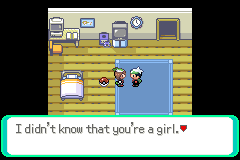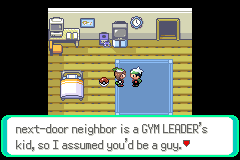Ether's Bane
future Singaporean
- Pronoun
- he
There used to be another thread on this, but it couldn't really facilitate discussion as it was a poll, so I made this.
What are your thoughts on consumption of problematic (i.e. racist/sexist/homophobic/trans*phobic) content in media?
I'm not talking about the content itself, but about consumption of it.
On the one hand:
- Acceptance of the medium doesn't equate to acceptance of the message
- It is possible to enjoy something except for certain parts, and those parts could always be the problematic content
- Sometimes, problematic content can be used to drive forth an important social message (for example, a character of a racial minority having racial slurs flung at sper [my gender-neutral pronoun; don't worry about it] to illustrate how terrible it is to be discriminated against)
On the other hand:
- If we talk about equal rights/social justice/political correctness/whatever you wanna call it and all that stuff, then turn around and consume such media, it may make us look like hypocrites who "talk the talk" but don't "walk the walk"
- It may desensitize us to the real-world equivalents of such problematic content
- If we purchase such media, the people behind it will receive money for the problematic content that they created, and so will be encouraged to make more
So, yeah. Discuss.
What are your thoughts on consumption of problematic (i.e. racist/sexist/homophobic/trans*phobic) content in media?
I'm not talking about the content itself, but about consumption of it.
On the one hand:
- Acceptance of the medium doesn't equate to acceptance of the message
- It is possible to enjoy something except for certain parts, and those parts could always be the problematic content
- Sometimes, problematic content can be used to drive forth an important social message (for example, a character of a racial minority having racial slurs flung at sper [my gender-neutral pronoun; don't worry about it] to illustrate how terrible it is to be discriminated against)
On the other hand:
- If we talk about equal rights/social justice/political correctness/whatever you wanna call it and all that stuff, then turn around and consume such media, it may make us look like hypocrites who "talk the talk" but don't "walk the walk"
- It may desensitize us to the real-world equivalents of such problematic content
- If we purchase such media, the people behind it will receive money for the problematic content that they created, and so will be encouraged to make more
So, yeah. Discuss.



